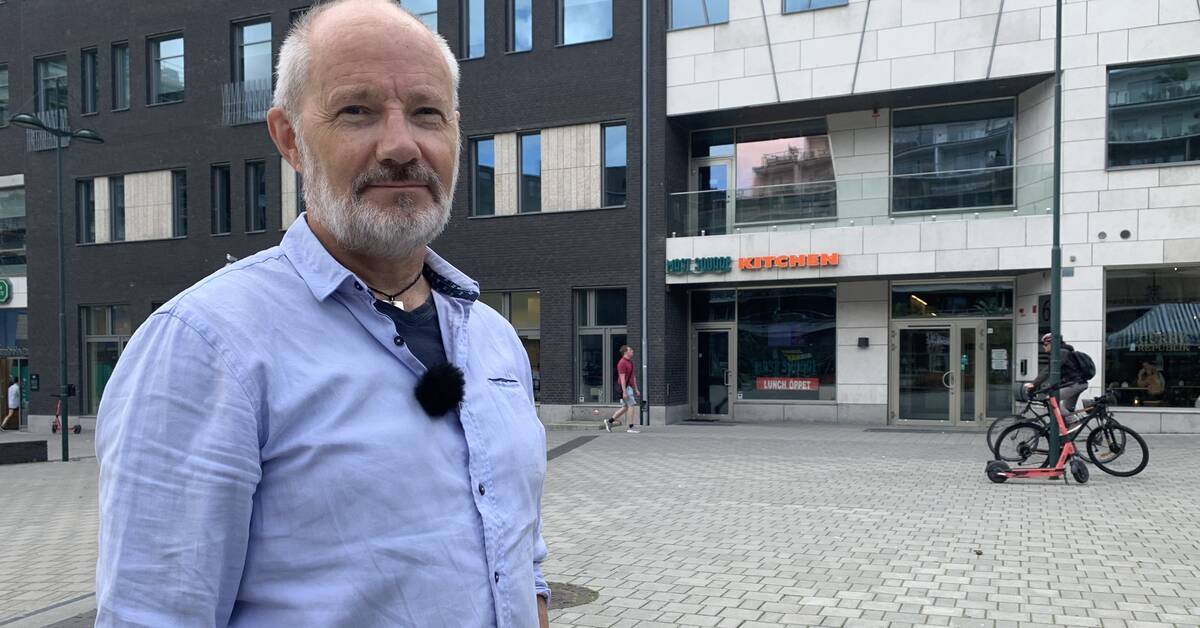It was after a divorce that Fredrik's mental illness made itself felt and he incurred large debts.
After a few years of waiting, he was diagnosed with bipolar disorder and could be treated.
But the mountain of debt continued to grow at the same time, and the talks with the Kronofogden went badly, according to Fredrik.
- I emailed them as much as I could and explained my illness, that it means an increased risk of suicide and that I feel very bad.
But then they responded by sending the police to my house when I was alone at home with our three-year-old daughter.
Planned his death
The police accompanied the Bailiff to Fredrik's home because it was judged that there was a risk that he would take his own life.
But that in itself was life-threatening, says Fredrik.
His health was increasingly deteriorating to the point where he felt that suicide was the only way out.
Got the idea of collaboration
The turning point in Fredrik's life came when he got in touch with a counselor.
- The curator accompanied me up to the Bailiff and explained to them that it does not work to do this with a person who has a life-threatening diagnosis.
Fredrik then had the idea of trying to bring together the various authorities and actors that people in debt have contact with, and at an earlier stage catch the people.
Fredrik Tjulander's experiences led to him several years later taking the initiative to create a network around over-indebtedness and health, which will be introduced this autumn.

